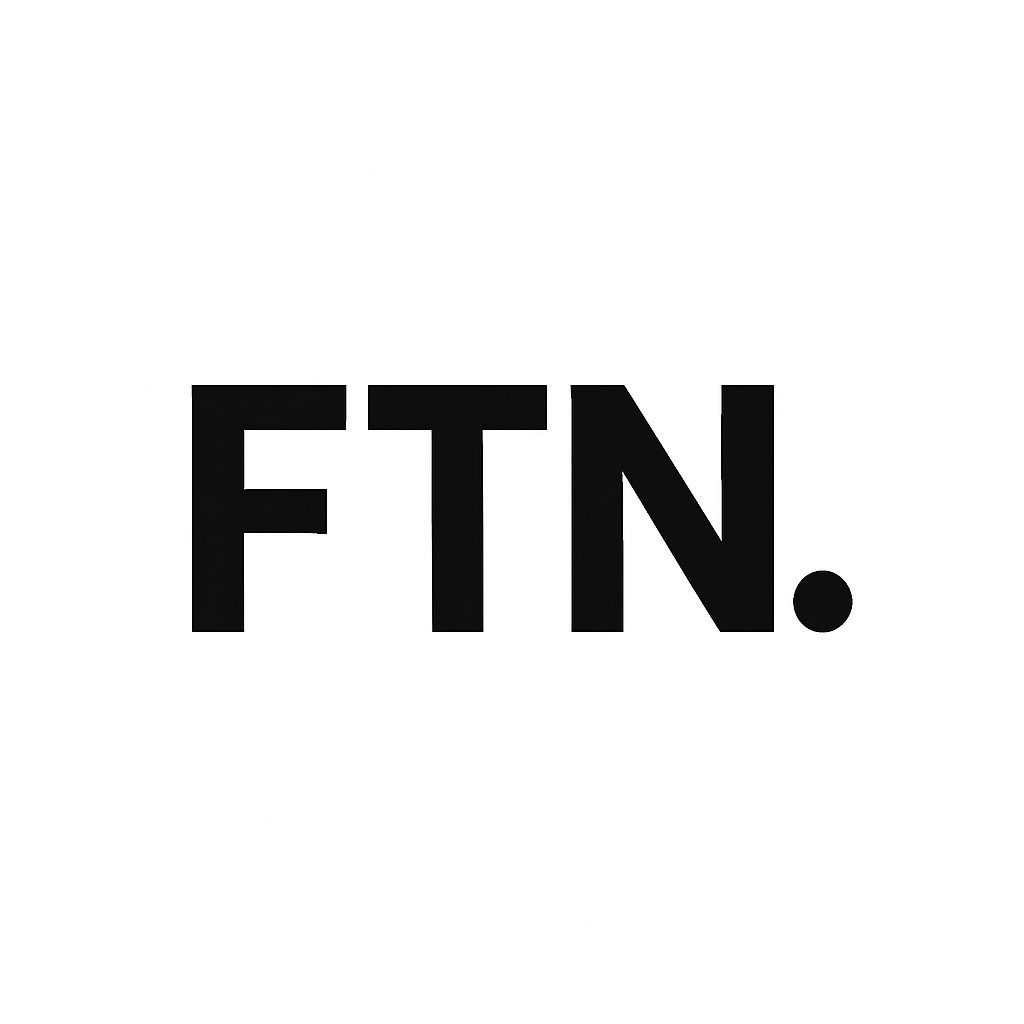Google just scored a major win in its high-stakes antitrust battle, but the fight’s far from over. On September 2, 2025, U.S. District Judge Amit P. Mehta ruled that Alphabet’s Google, commanding a 90% stranglehold on online search, won’t have to sell off its Chrome browser or Android operating systemassets the U.S. Department of Justice (DOJ) argued were key to its monopoly. Instead, the court threw a curveball: Google must share search data with competitors and ditch exclusive contracts that lock its search engine as the default on devices. This decision, part of a broader crackdown on Big Tech, sent Alphabet’s shares soaring 7.2% in after-hours trading, but it’s not all smooth sailing. Let’s unpack the drama and what it means for the tech world.
The Ruling: A Win with Strings Attached
The DOJ, which kicked off this legal saga in 2020, pushed hard to break up Google’s empire, eyeing Chrome (the world’s top browser) and Android (powering most smartphones) as linchpins of its search dominance. Judge Mehta, however, wasn’t convinced. He called divestitures a “poor fit,” warning that splitting off Chrome could tank its security and that dismantling Android might wreck its ecosystem. Google’s CEO Sundar Pichai had argued this could make Android “insecure and obsolete,” and the judge agreed, sparing Google’s core assets.
But don’t pop the champagne yet. The court ordered Google to share parts of its search index and user datalike query histories and clickswith “qualified competitors” for six years, starting 60 days after a final judgment due by September 10, 2025. This move aims to give rivals, especially AI-driven search tools like OpenAI’s ChatGPT or Perplexity, a fighting chance to chip away at Google’s lead. Google’s also banned from exclusive deals, like its $20 billion pact with Apple to be the default search on iPhones. Now, Apple, Samsung, and others can preload rival engines alongside Google, though non-exclusive revenue-sharing deals are still fair game. Apple’s stock jumped 3% on the news, happy to keep its lucrative Google cash.
Why It Matters: AI and the Shifting Search Landscape
This ruling isn’t just about searchit’s a glimpse into the AI-driven future. Judge Mehta, wary of overstepping in a fast-moving tech world, noted that AI tools are already shaking up traditional search. “ChatGPT and others pose a threat to the primacy of internet search,” he wrote, suggesting data sharing could turbocharge competitors without gutting Google’s business. The court also barred Google from using anticompetitive tactics in its AI products, like the Gemini chatbot, to prevent it from monopolizing the next frontier.
For Google, keeping Chrome and Android intact is a lifeline. These platforms funnel users into its search engine, which rakes in over $200 billion annually from ads. But sharing data could be a slow bleedrivals might build smarter AI search tools, eroding Google’s edge. Google’s blog post hinted at privacy concerns, warning that data sharing could expose user info or let competitors reverse-engineer its tech. Still, the judge limited data access to avoid these risks, rejecting the DOJ’s broader demands for Google’s full search algorithms.
The Bigger Picture: Tech’s Antitrust Reckoning
This case is part of a wider U.S. push to rein in Big Tech, alongside lawsuits against Meta, Amazon, and Apple. It echoes the Microsoft antitrust battle of the 2000s, where lighter remedies opened doors for competitors like Google itself. Legal experts like Vanderbilt’s Rebecca Haw Allensworth say even “weak” remedies can shift markets, and former FTC chairman William Kovacic believes Mehta crafted a ruling to survive Google’s inevitable appealpotentially to the Supreme Court by 2027 or 2028.
Critics, like DuckDuckGo’s CEO Gabriel Weinberg, aren’t impressed. They argue the remedies don’t go far enough, as Google’s brand power and non-exclusive deals still give it an edge. The DOJ, calling the ruling a “major win,” is mulling further action, with Assistant Attorney General Gail Slater hinting at pushing for more.
What’s Next for Google and Beyond
Google’s not out of the woods. It faces another antitrust trial in September 2025 over its ad-tech dominance, where the DOJ is again seeking divestitures. Plus, it’s appealing a separate ruling to overhaul its app store after Epic Games’ lawsuit. The data-sharing mandate, while less severe than a breakup, could empower AI startups and search rivals like Microsoft’s Bing or Perplexity, especially as AI reshapes how we find information online.
For the tech industry, this sets a cautious precedent. Courts are hesitant to break up tech giants in an AI-driven era, but data sharing could become a go-to tool for regulators, much like the EU’s Digital Markets Act. Device makers like Apple and Samsung gain flexibility to diversify, while consumers might see more search optionsthough Google’s dominance won’t vanish overnight.
Final Thought
Google’s antitrust win keeps its empire intact but forces it to play nicer with rivals. By sharing data and ending exclusive deals, the ruling cracks open the door for AI-powered challengers in a rapidly evolving search landscape. With an appeal looming and more legal battles ahead, Google’s grip on search is under pressurebut it’s still the king, for now. Want to zoom in on how AI startups might capitalize on this or what Google’s ad-tech trial could bring?
Support FineTunedNews
At FineTunedNews we believe that everyone whetever his finacial state should have accurated and verified news. You can contribute to this free-right by helping us in the way you want. Click here to help us.
Help us